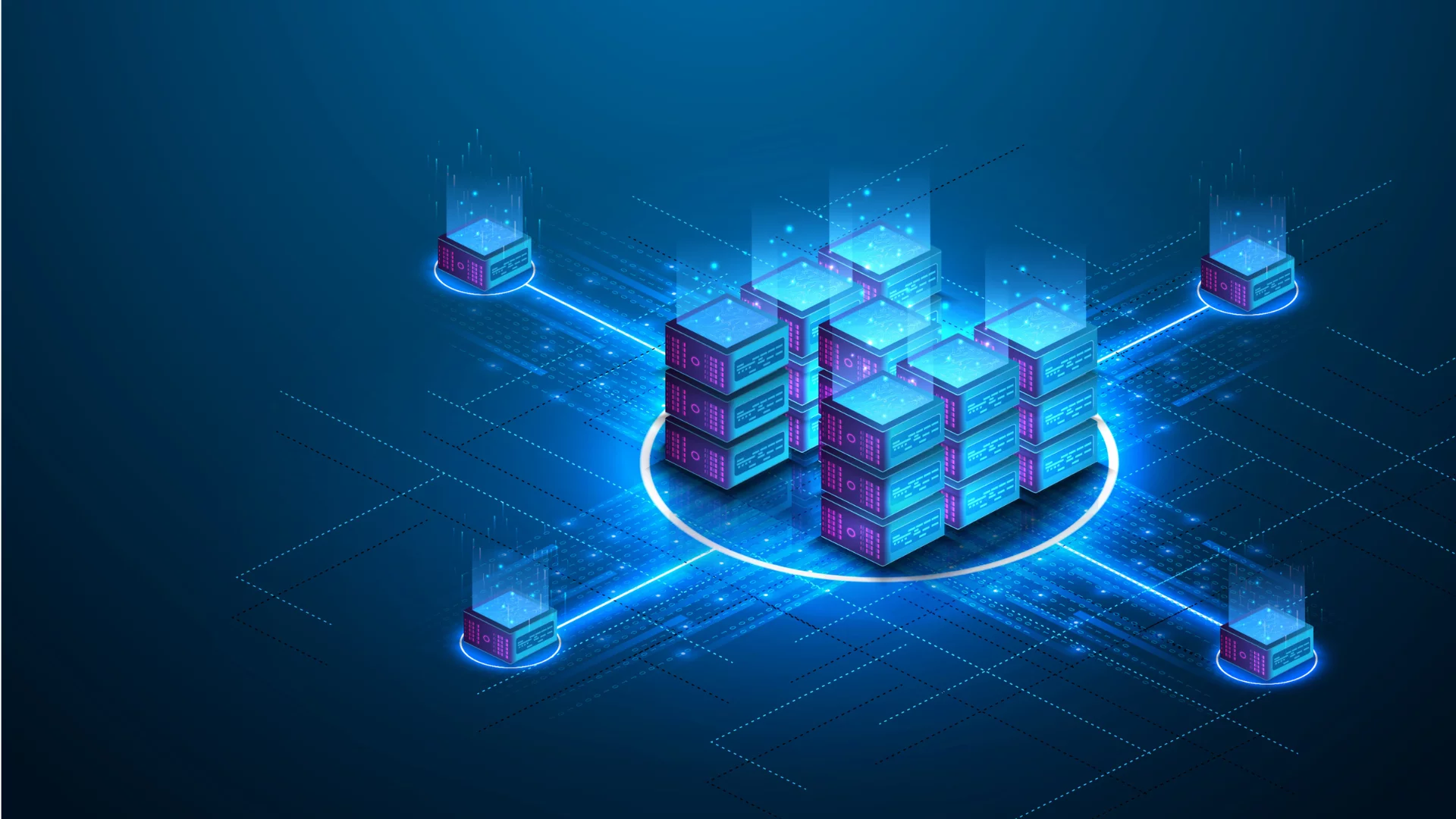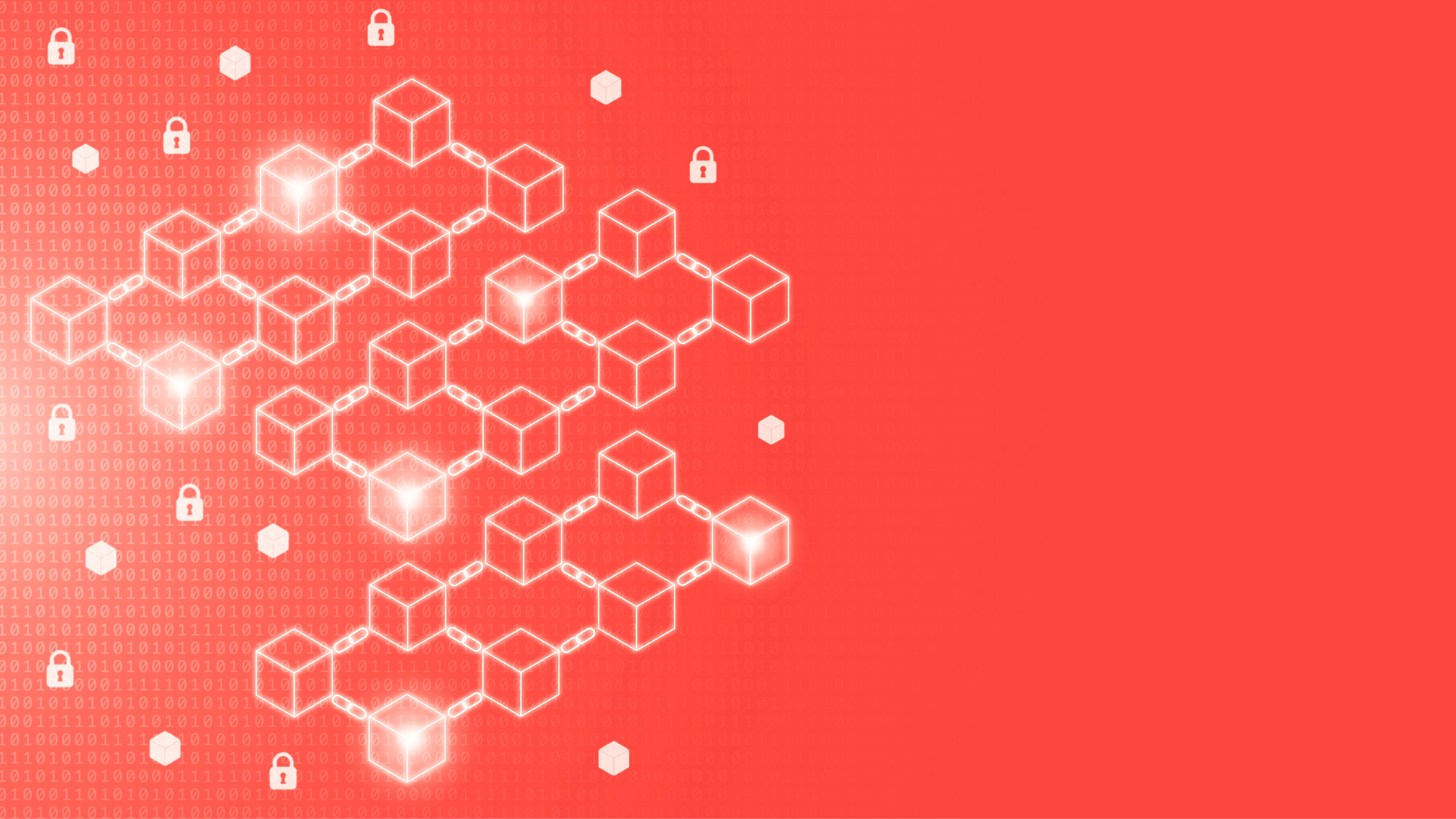
We work with a public health agency that ensures the public is safe from dangerous or fraudulent products. As with any large organization, that ...

Toward the end of a calendar year, we all start looking forward and speculating what the coming year will hold. While we do not have a crystal ...

Agencies are constantly dealing with changing regulatory requirements, constituent and mission needs, along with national legislation and ...

Containerization is the packaging of software code in which all of the components of an application are bundled into a single container image ...

The changing global environment directly impacts the defense sector’s ability to meet the mission of enforcing trade laws and securing borders ...

By: Rujuta Waknis, Vice President of Digital Solutions
Blockchain technology has been slowly but surely gaining momentum in the commercial ...






